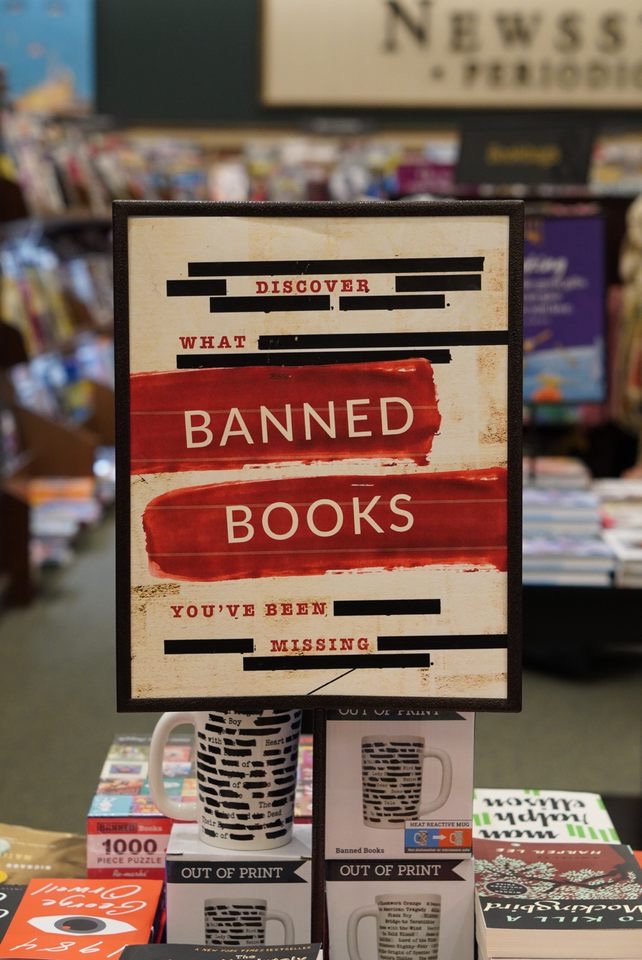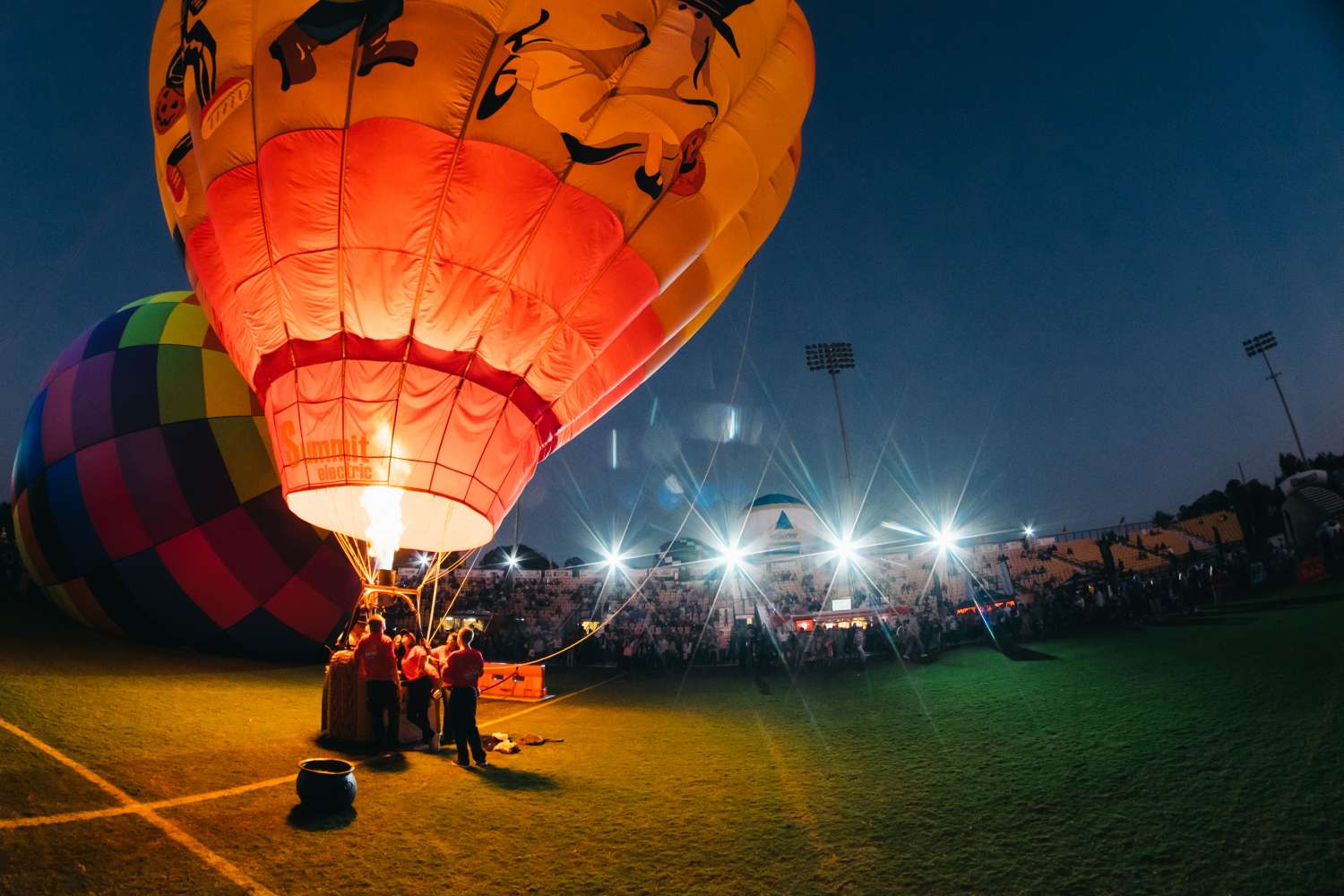Sept. 18-24 this year marks the annual Banned Books Week that upholds the tagline “Books Unite Us. Censorship Divides Us” and holds various events nationwide hosted by the Banned Books Week Coalition.
As the name implies, Banned Books Week is about increasing access to and information about books across the nation that have been banned or restricted in accessibility.
This is done through various events. The Banned Books Week website highlights virtual read-outs where participants read portions of banned books. The hashtag #BannedBooksChat encourages Twitter users to give their opinions on various topics related to the week.
This year’s #BannedBooksChat is hosted by author George Johnson, who is also this year’s Honorary Chair for Banned Books Week. Johnson wrote “All Boys Aren’t Blue,” which is number three on the Top 10 Challenged Books of 2021, a list compiled by the American Library Association (ALA). According to the ALA, the book was challenged for its LGBTQIA+ content, profanity and because it was considered to be “sexually explicit.”
Jonathan Envison’s “Lawn Boy” and Susan Kuklin’s “Beyond Magenta,” ranked second and tenth on the list respectively, are said to have been challenged for the same reasons. At the same time, Maia Kobabe’s “Gender Queer” was the most challenged book on the list for its LGBTQIA+ content in addition to “[having] sexually explicit images.”
Other books on the list include “The Hate U Give” by Angie Thomas (ranked number five) for “[promoting] an anti-police message” and “Me and Earl and the Dying Girl” by Jesse Andrews (ranked number seven) for being “sexually explicit and degrading to women.”
The history of Banned Books Week can be traced to the late free speech supporter and librarian Judith Krug who, according to The Free Library, was informed by the Association of American Publishers (AAP) about an increase in book censorship in June 1982.
Krug was then given the idea to visualize this increased censorship, with one publisher recommending she “put all of the books…banned in the last 10 or 15 years in a cage, and put a chain around the cage,” according to The Free Library. She presented the notion to the ALA’s Intellectual Freedom Committee and the first official Banned Books Week occurred weeks later.
Book censorship has seen a global rise in recent years. This past October saw Filipino news site Rappler report on the nation cracking down on the spread of “subversive material” in colleges while August 2021 saw a Reuters article reporting on Hungary sealing books with same-sex content.
The United States in particular has seen a massive rise in book censorship with The Guardian reporting nearly 1,600 bans across 26 states between July 2021 and March of this year. According to an ALA infographic, 44% of these bans and challenges take place in public school districts and are initiated by parents 39% of the time.
More information on Banned Books Week can be found on their website, as well as that of the ALA. Promotional tools and materials like bookmarks and posters can also be found on the Banned Books Week website.



